For a band that takes its share of lumps by the upper crust of music society, it’s a miracle that Weezer remains as viable today as they were 30 years ago. That’s because while the college kids might have been too cool for them back in 1994, their kid siblings at home were picking up on them in a major way, forming core memories around their music. Even as rock continues its drop in popularity as the soundtrack to youthful rebellion, Weezer persists in putting out albums and selling out arenas with the regularity of an act half their age. And, somehow, their audience remains young, thanks to those former middle schoolers becoming parents themselves and passing the fandom down to their kids.
Yet for a band as industrious as Weezer has been in the 30 years they’ve been putting out albums, there’s one title in their 15-LP output that resonates with audiences most. But upon its initial release on May 10, 1994, Weezer’s eponymous debut—lovingly nicknamed The Blue Album—wasn’t exactly met with the anticipatory heft you’d think a record this huge would receive at the time.
“No one would have picked us out of that crowd of bands at the time to be the one that made it as far as we have,” frontman and guitarist Rivers Cuomo once said. “We didn’t look or sound professional and did not seem to have potential the way the other bands did. They could work the crowd, they had definitive looks and sounds. But because of that, their music was much more suited to those 21+ clubs we were playing around Hollywood, while our music was [as we later realized] much better suited for younger people.”
What Weezer did possess, however, were 10 magnificent songs that paired death metal guitar tunings with incredibly catchy pop songs, creating a sound that didn’t so much skirt the grunge hype of the era as pole-vault over it with a new brand of heaviness wholly unique to them. Hiring Ric Ocasek of The Cars to produce the album certainly helped the band—rounded out by bassist Matt Sharp, drummer Pat Wilson, and guitarist Brian Bell—attain the duality of their distinctive sound with aplomb.
The album’s trio of singles—“Undone – The Sweater Song,” “Buddy Holly” and “Say It Ain’t So”—all hit the Top 10 of Billboard’s Modern Rock chart. And while all three songs had accompanying videos, it was the collaboration between Weezer and director Spike Jonze on both “Undone,” with its steady camera and pack of happy dogs, and the innovative recreation of the hit ’70s sitcom Happy Days for “Buddy Holly” that helped this album achieve triple platinum status a year after its original release date.
It might seem burdensome for a band with a catalog as deep as Weezer’s to see so much emphasis put on their debut. But the guys, along with longtime bassist Scott Shriner (Sharp left in 1996 after the band’s second LP Pinkerton), seem to have embraced The Blue Album’s status in the hearts of their fans. In fact, the band just wrapped their successful Voyage To The Blue Planet North American tour, where they played the LP from front to back in honor of 30 years on our stereo systems.
To further commemorate this anniversary, the group has put together a super deluxe edition of The Blue Album that contains a plethora of rare live and studio cuts, including the cherished Kitchen Tape Demos, which they passed around on the LA scene and helped get them on the path to signing with DGC. This new collection contains 36 previously unreleased tracks, including early practices, live recordings, a six-pack of BBC radio sessions, and four cuts from their appearance at Loyola Marymount University in Los Angeles (none of the album’s famed B-sides are included, though they can be found on the 2004 20th anniversary deluxe edition of the LP). The box also comes with such physical easter eggs as “sweater” embossed graphics complete with a pullable and retractable thread, four lithographs, a KISS-style Weezer poster for your garage, a song-themed sticker sheet, a twelve-sided die, and an enamel pin of Bokkus, the character drawn on Wilson’s kick drum.
“The unusual thing about Weezer’s early career arc was that despite their outward appearance of a rag-tag unorganized group of guys with an unclear plan and little to no recognition from the local Hollywood music scene, behind the scenes they were a band on a mission, appearance be damned,” writes longtime band historian Karl Koch in the newly penned liner notes inside a special 18th issue of Weezine, the fan periodical also featured among the fray. “Matt had made it his personal mission to get them signed, and Rivers had given him a year to do it. Both knew that the audacity involved in such a challenge was astronomical—there was such a slim chance of success that it seemed laughable to pour so much effort and work into it—these were the kind of dreams that just didn’t come true.”
Lucky for Weezer, they achieved dreams beyond their wildest imaginations against the blue backdrop of their biggest album. Here are 10 selections from the Super Deluxe Edition that will give fans a new perspective on a power pop masterpiece.
- 1. “Undone – The Sweater Song” (Third Practice) – Recorded during a three-day recording session before the group even had a proper name, The Blue Album’s stalwart first single was woodshedded inside of a room designed like a sauna. In fact, according to Koch in the Weezine, when he went to visit them at TK Productions in West LA, he found Cropper wearing nothing but the acoustic guitar he was playing. And while it doesn’t harbor the full brunt of Ocasek’s production, the power of the full-fledged “Undone” can still be heard in its echoes of this embryonic rendition.
- 2. “My Name is Jonas” (Garage Practice) – What makes this particular edition of The Blue Album really special is how it finally gives original Weezer guitarist Jason Cropper his flowers after he was Pete Best-ed from the band while they were recording their debut. This raw take on the only song that bears his name on the album because he wrote the acoustic intro, presents “Jonas” in its incubatory form. Yet this early version of Blue’s explosive opening track still retains its essence amidst the extra noise, presenting a taste of the original lineup in its purest form.
- 3. “Just What I Needed” (Blue Demo – Cole’s Rehearsal) – By the time the band signed the documents of their recording contract, their pursuit to get Ric Ocasek to produce their debut was coming closer to a reality. Ocasek came down to watch the group play at Hollywood’s Cole Rehearsals, taking enough of an interest to ask them to record a battery of demos they were considering for the tracklist. The band clearly couldn’t help themselves from ending the session with a cover of The Cars’ first single that’s nowhere near the sheen of their all-covers Teal Album from 2019. But their willingness to replicate the song with what they had, right down to singing David Robinson’s keyboard bridge, surely endeared them to Ric, who ultimately took the gig.
- 4. “Paperface” (Live at 8121 Club 7/18/92) – The 8121 Club was a spot located in the basement of the Sunset Blvd. venue the Coconut Teaszer that was relegated to acoustic shows only. Weezer spent a lot of time down there working out their songs, as they did on this July night in 1992 when the original quartet blasted out this version of “Paperface,” a song about a girl from high school, Amy Moore, who stole a car and took off to New Orleans. “I couldn’t believe it: Amy was one of the sweetest—not to mention prettiest—girls in our class,” Cuomo wrote in the liner notes to 2008’s Alone II: The Home Recordings Of Rivers Cuomo. “The story sounded like it was straight off a Sonic Youth album cover.”
- 5. “China Grove” (Live at Club Lingerie 6/7/93) – Weezer famously would end their early shows with a rowdy cover of the Doobie Brothers’ most rockin’ tune that morphs into a noisy jam on its classic groove at one of the favorite Sunset Blvd. spots for this early version of the band. Again, its fidelity is nowhere near that of the group’s later cover versions. But the raggedy nature by which they blasted through “China Grove” on June 7, 1993, indicates their appreciation for the song in spite of their ability to properly replicate it.
- 6. “Conversationalist” (Live at Coconut Teaszer 8/12/92) – Wax was a Los Angeles pop-punk band who were early champions of Weezer during the group’s salad days on the Sunset Strip. Having opened for them numerous times in those days, Rivers and co. offered thanks by reworking “So Much Talk” from Wax’s debut album, 1992’s What Else Can We Do, into a short, sharp blast renamed “Conversationalist.” “Our friends’ band Wax were definitely a major inspiration for Weezer to get out there and make a go of things,” writes Koch in the liner notes of The Blue Album’s Super Deluxe Edition, “and this section of their track was a super fun piece to play as a form of tribute—especially when Wax was in the audience, which they were that night.”
- 7. “Only In Dreams” (The Kitchen Tape Demos) – The Kitchen Tape Demos, also titled Opposite Sides Of The Same Ol’ Fence, is no doubt the crown jewel of this box set, given its storied role in the band’s history. And while there are some real finds amidst these eight tracks of the original quartet “in studio,” so to speak (Cuomo’s 8-track recorder)—including such rare Weezer songs as “Thief, You’ve Taken All That Was Me” and “Let’s Sew Our Pants Together”—there’s something about this early version of The Blue Album’s epic closing number that deeply resonates with the listener. Maybe it’s Matt Sharp’s signature bassline that opens the song, or the way the acoustic guitar pairs up with it before Rivers starts singing, echoing the deep influence of the Pixies on the group’s sound. Once again, kudos to Cropper for giving this version of the song its own distinct feel in that rented garage next to the house where they used to rehearse.
- 8. “In The Garage” (BBC Evening Sessions 1/26/95) – Looking for a way to keep things interesting, Cuomo figured out a way to incorporate the BBC studio into Weezer’s early 1995 performance for their Evening Sessions program, breaking out their famous Hammond B-3 organ to apply to the introduction of an impassioned rendition of The Blue Album’s most endearing number. And with this piece of BBC history replacing the wheezy harmonica throughout the song, it adds a new layer of confidence to the performance from a band who were skyrocketing to superstardom.
- 9. “Buddy Holly” (Greater London Radio recorded but never broadcast 1/26/95) – The band’s sessions with the BBC concluded with a small acoustic set that included performances of “Undone” and “Buddy Holly” that were never broadcast at the time. “Buddy Holly,” in particular, still retains its infectious core even when stripped down to the bare melodies. This performance also prominently showcases the interplay between Cuomo and Sharp in terms of trading vocals, a magic that was never quite replicated after the bassist left the band after the release of Weezer’s second album, Pinkerton.
- 10. “Jamie (Take 5)” (Loyola Marymount University 4/27/93) – Of all the songs that never made the final cut of The Blue Album, “Jamie” is one that enjoyed a life of its own after being included in the classic 1995 compilation DGC Rarities Vol. 1 as well as the b-side to “Buddy Holly.” Both versions of the song, an homage to the band’s attorney Jamie Young, were recorded by LMU student Dale Johnson as part of a school project. According to Dale, he got a B+ for his efforts. Weezer, meanwhile, got one of their greatest non-album tracks, as this crunchy, previously unreleased fifth take signifies.

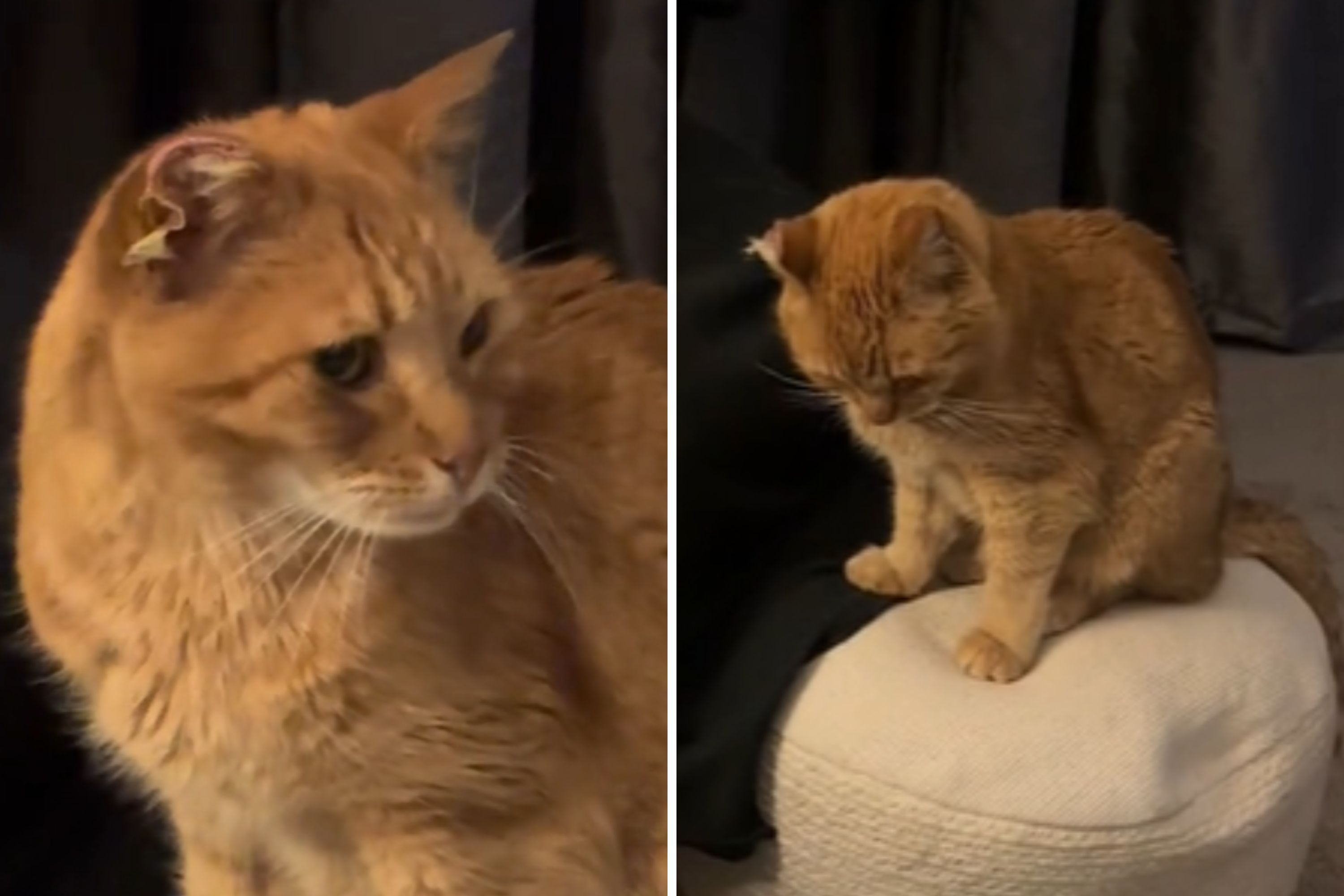

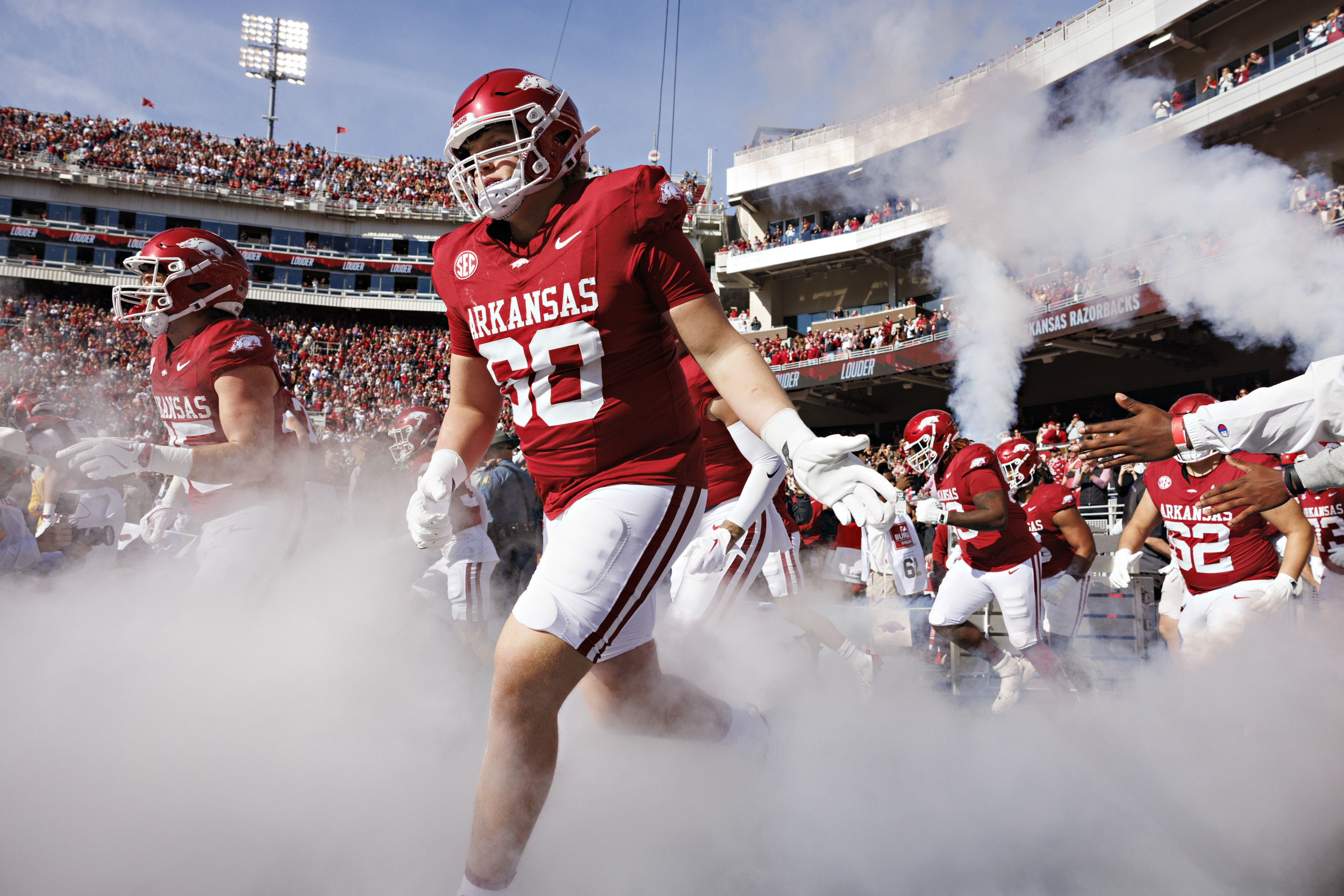

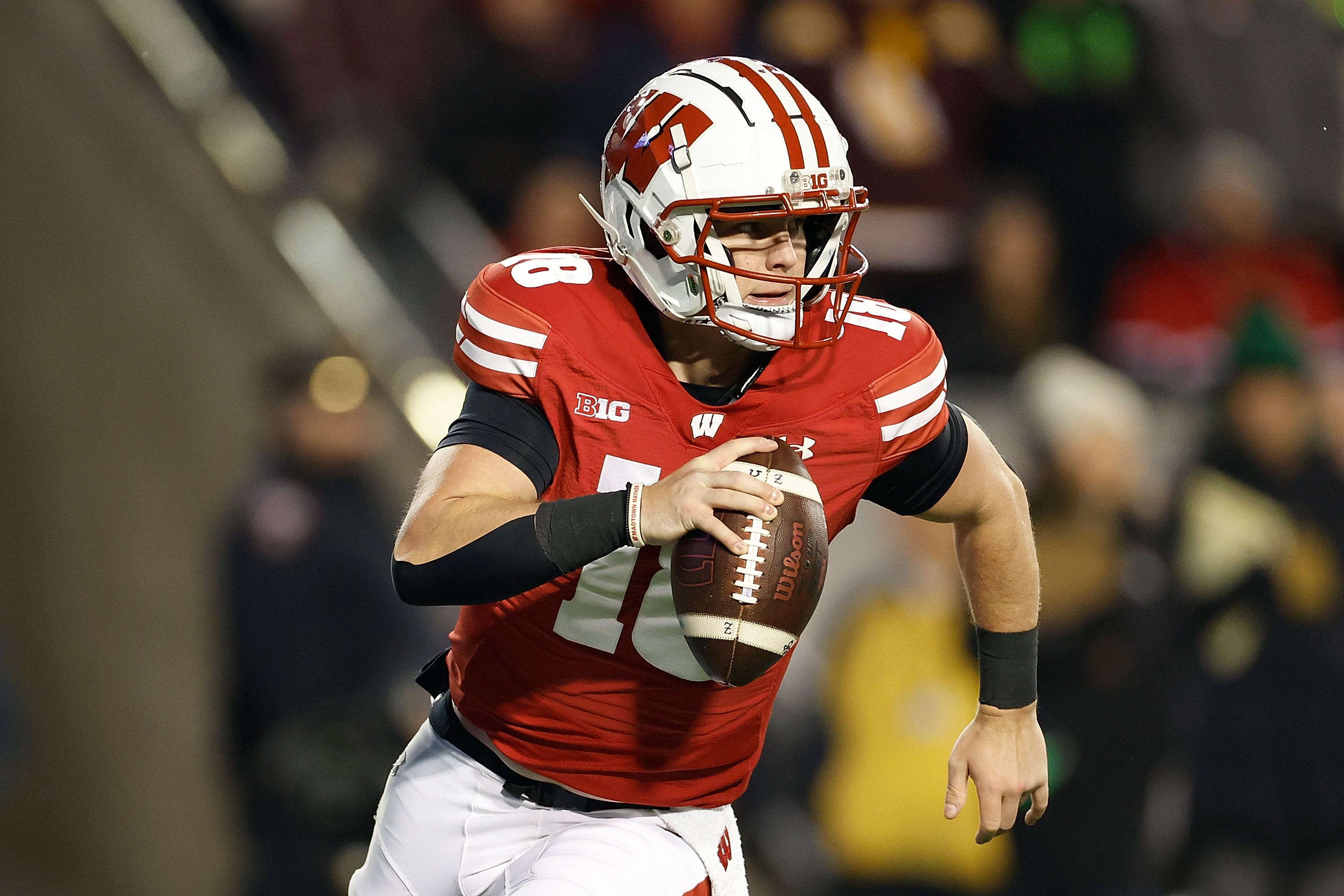

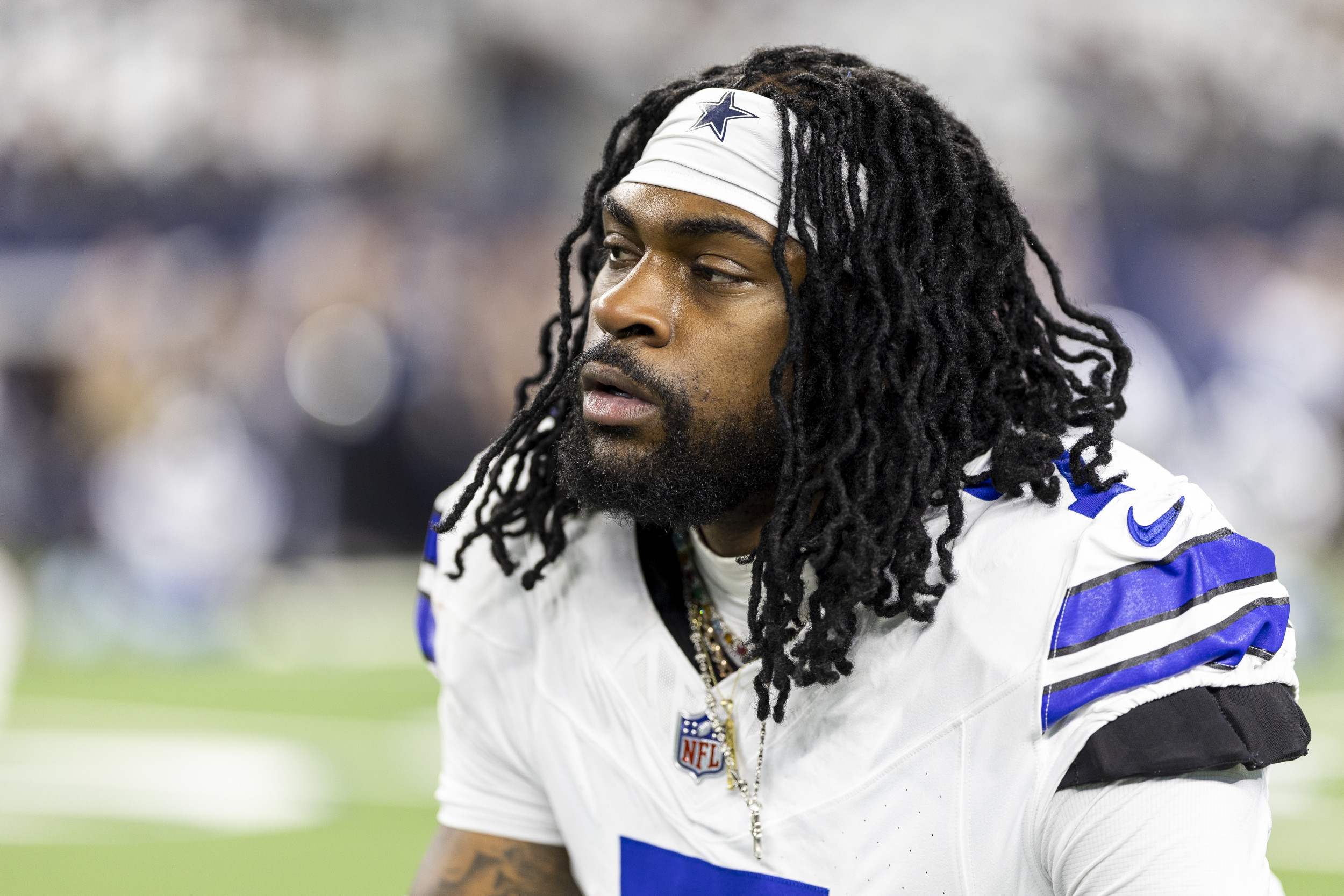
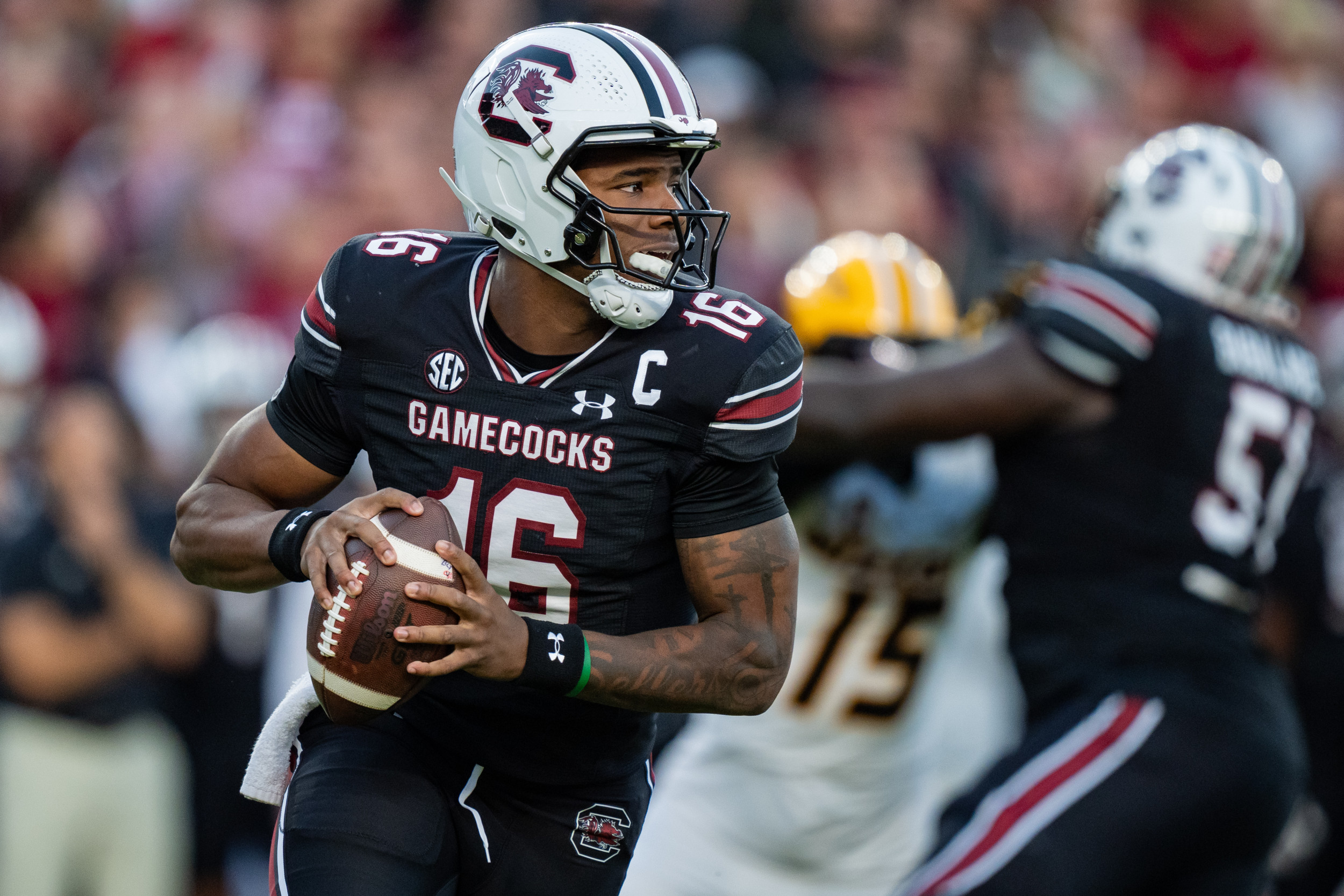

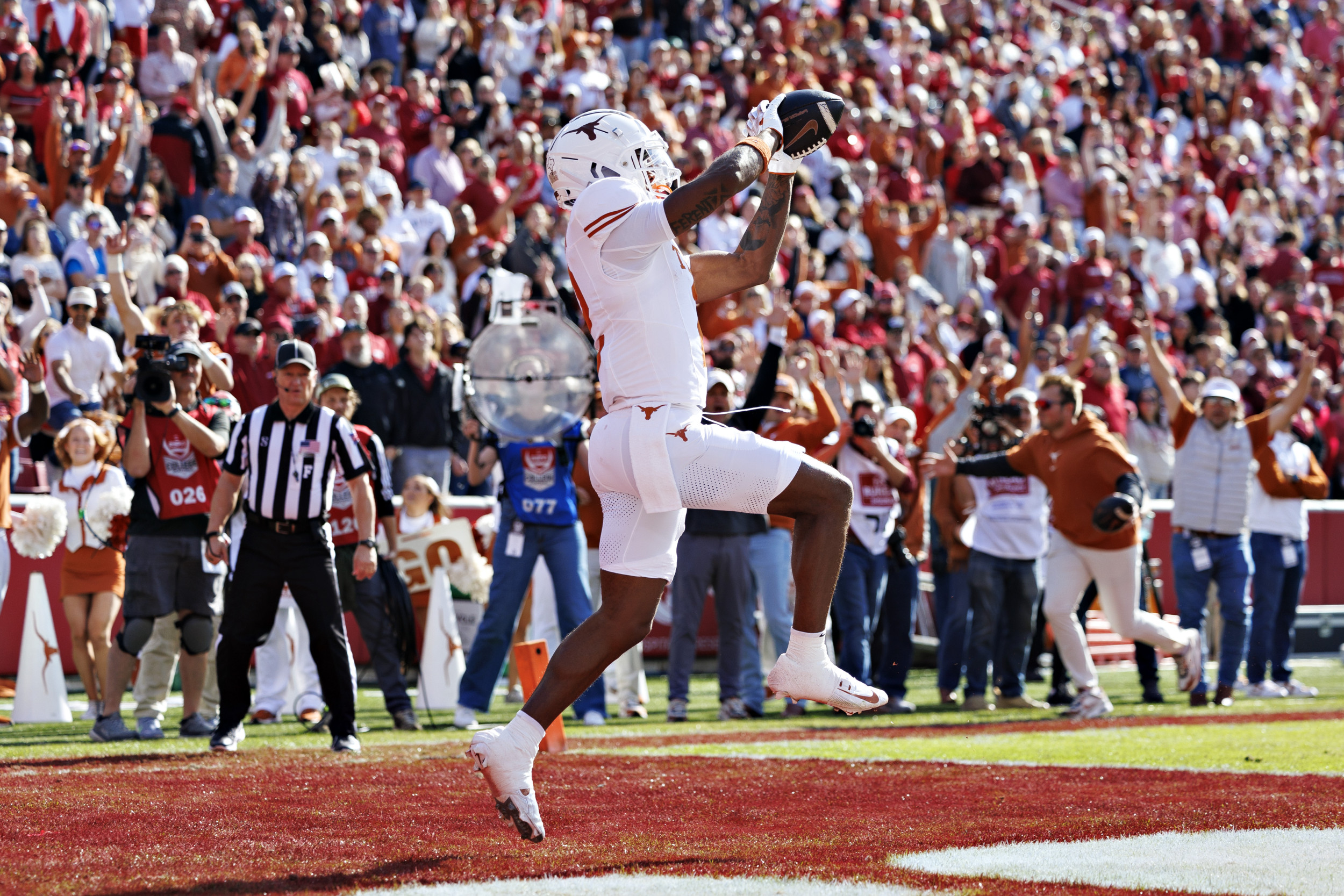
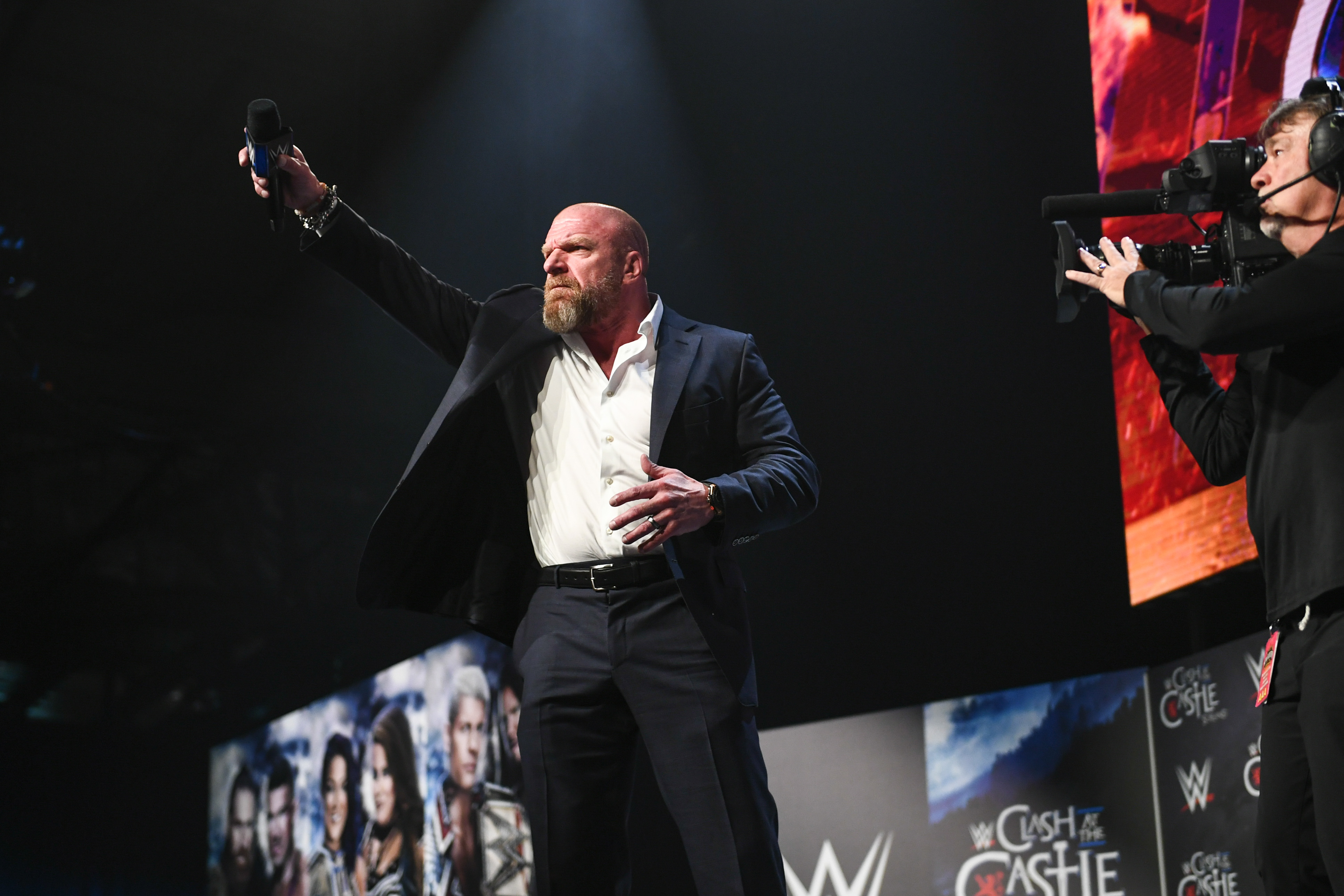








 English (US) ·
English (US) ·